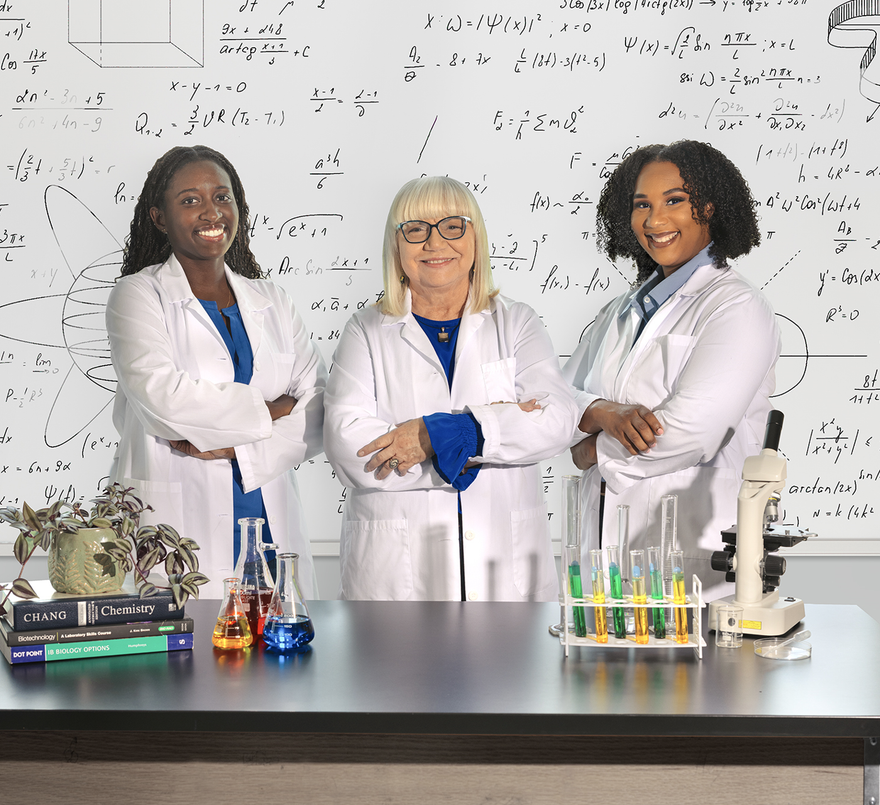Teachers in Cayman hail from all over the world bringing new ways of teaching, experiences and knowledge. To gain further insights into the trials and tribulations of teaching, we asked four teachers to break it down for us.
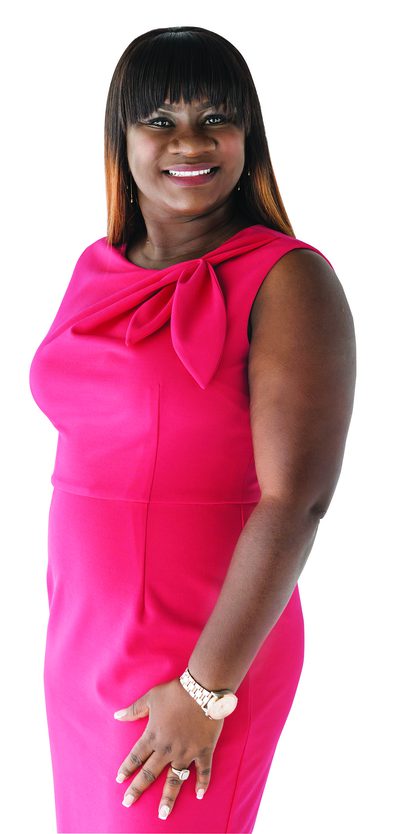
Kerita Levermore-Stewart
Kerita Levermore-Stewart is the subject leader for Spanish at John Gray High School.
When did you decide to become a high school teacher and why?
My passion for imparting knowledge was set in my home church on Knibb Street, in St. Ann, Jamaica. My students were stars when they were called to recite their Bible verse of the day and respond to the Sunday School Superintendent’s questions. It was truly gratifying! Even then I was not convinced I would be a teacher, however, the love for children and knowing I have a part to play in their success have given me the drive to stay the course.
If you hadn’t become a teacher what other career might you have chosen?
I was certain that I was going to be a doctor or a politician or a lawyer. I have a passion for helping and defending others and encouraging growth and development in many areas.
You want to take your students on a working holiday. Where would you take them and why?
This dream was recently materialised when I took a group of over 50 students, their parents, and teachers from John Gray High School in the Cayman Islands to Cuba. Given the opportunity, I would do this every year; share the rich Hispanic culture by full immersion into the phenomenal culture, and flavourful food.
Do you think there should be more focus on financial planning and relationship advice as part of the senior school curriculum?
I absolutely agree to incorporating both in the hidden curriculum or during a mandated time slot during tutorial. One has to agree that these are relevant discussions or areas that should be facilitated at all cost, especially for our senior students to begin to eradicate what can easily and quickly spiral into the main social ills in our society.
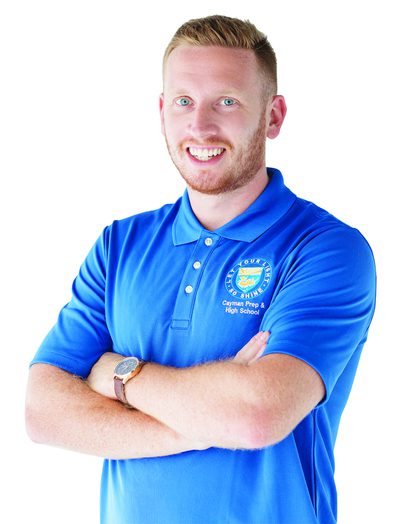
Andrew McLean
Andrew McLean recently moved to Cayman from the UK and teaches at Cayman Prep and High School.
What has been the most memorable moment of your career so far?
Academically speaking, leading a group of 6th form students in a regional debating competition against prestigious schools and reaching the semi-finals. Alternatively, being forced by students on the way back from a Barcelona trip to perform karaoke (The Greatest Showman) on the coach.
How has teaching changed or evolved since you first became a teacher?
With COVID-19, planning and adapting to change have become increasingly important. However, this has brought benefits, such as the use of online parents’ evenings to help accommodate students, teachers, and parents. Now, both parents can attend, even if travelling, which is more convenient and efficient.
Would you encourage school leavers to take a year out/GAP year or go straight to university?
I would certainly encourage a GAP year, either before university or just after. Experiences can be life changing and once responsibilities mount up it can be difficult to go back and benefit from travelling.
What’s the best piece of advice you would give older students?
To have an open-minded approach to learning and the working environment.
Do you have any tips for parents who struggle to get their teenagers to study for exams?
I would say to ask questions about the topics studied, give gentle reminders and use incentives.
If you hadn’t become a teacher, what other career might you have chosen?
I had an interest in becoming a journalist, either in football or conflict areas of the world.
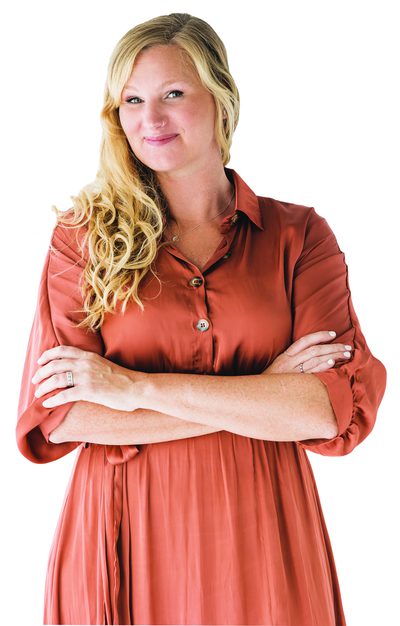
Melanie Coffey
Melanie Coffey is the Lead Inclusion Specialist at Inclusion Cayman.
Tell us what your role entails.
I oversee our Inclusive Education, Employment and Recreation partnerships in addition to advocating for and supporting individuals and families in their vision of inclusive lives. I work in several schools where I provide coaching and support to educators and leadership teams, in order to develop evidence-based policies and practices to enhance inclusive education for all learners.
What are the greatest issues that families and people with disabilities face, particularly in Cayman?
Many families struggle to access inclusive education, employment, recreation/leisure and often feel misunderstood, devalued, or excluded. Families understand the natural gifts and talents of their loved ones, but face multiple barriers in accessing the rights and privileges that are easily afforded to persons without disabilities. As community members, we can all lend support to dissolving barriers by taking a stand, evaluating who is missing from our schools, workforce, and wider community and working together to intentionally include those who may not otherwise be.
What can the public do to support Inclusion Cayman and the families you help?
The greatest impact can be achieved when we all come together to identify solutions. Reflect upon the places you frequent and identify who is missing. Consider how you can help create inclusive, safe spaces in your workplace, children’s schools, and other community areas. Advocate for others and encourage your friends, families, and colleagues to join you. Forty years of research on inclusive education shows improved social emotional and academic outcomes for children with and without disabilities. As parents, whether you’re connected to persons with disabilities or not, I assure you that your child’s life will be improved by inclusion. Advocating for inclusion benefits us all.
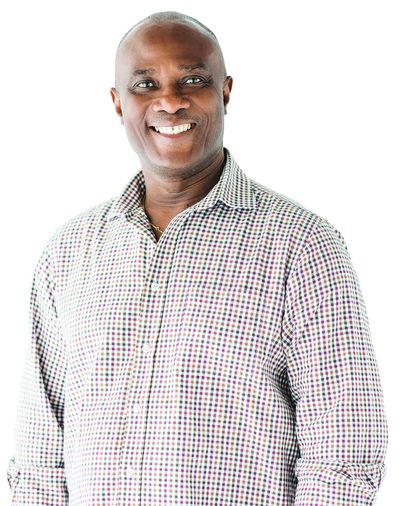
Philip Manyeh
Philip Manyeh is from the UK and teaches at Clifton Hunter High School.
If you hadn’t become a teacher, what other career might you have chosen?
I would have pursued a career as a pilot if I hadn’t become a teacher. I have attended flight camps at Embry Riddle Aeronautical University and Florida Institute of Technology, flying Cessnas and Pipers. I have some flying hours under my wings, and flying is now a hobby.
Which of your colleagues inspire you and why?
Mr. Massally, the SENCo inspires me the most. He is committed to all students and in particular, students with special educational needs and disabilities. He contributes not only to their academic achievement but also to their personal and social development.
How do you handle or deal with disruptive behaviour in class?
I always focus on the disruptive behaviour rather than the student. In some cases, I have used resolved behavioural issues as a teachable moment for others. Staying calm and deciding when to deal with disruptions has worked well in fraught situations.
Which famous comedian would you invite to entertain your class?
I would invite Trevor Noah, a young South African comedian. Trevor’s insightful take on politics and current events will resonate with my students.
You want to take your students on a working holiday, where would you take them and why?
I would take my students to an El Sistema music camp in Venezuela. This music programme promotes group-making music through various ensembles and I believe my students would enjoy the experience.





